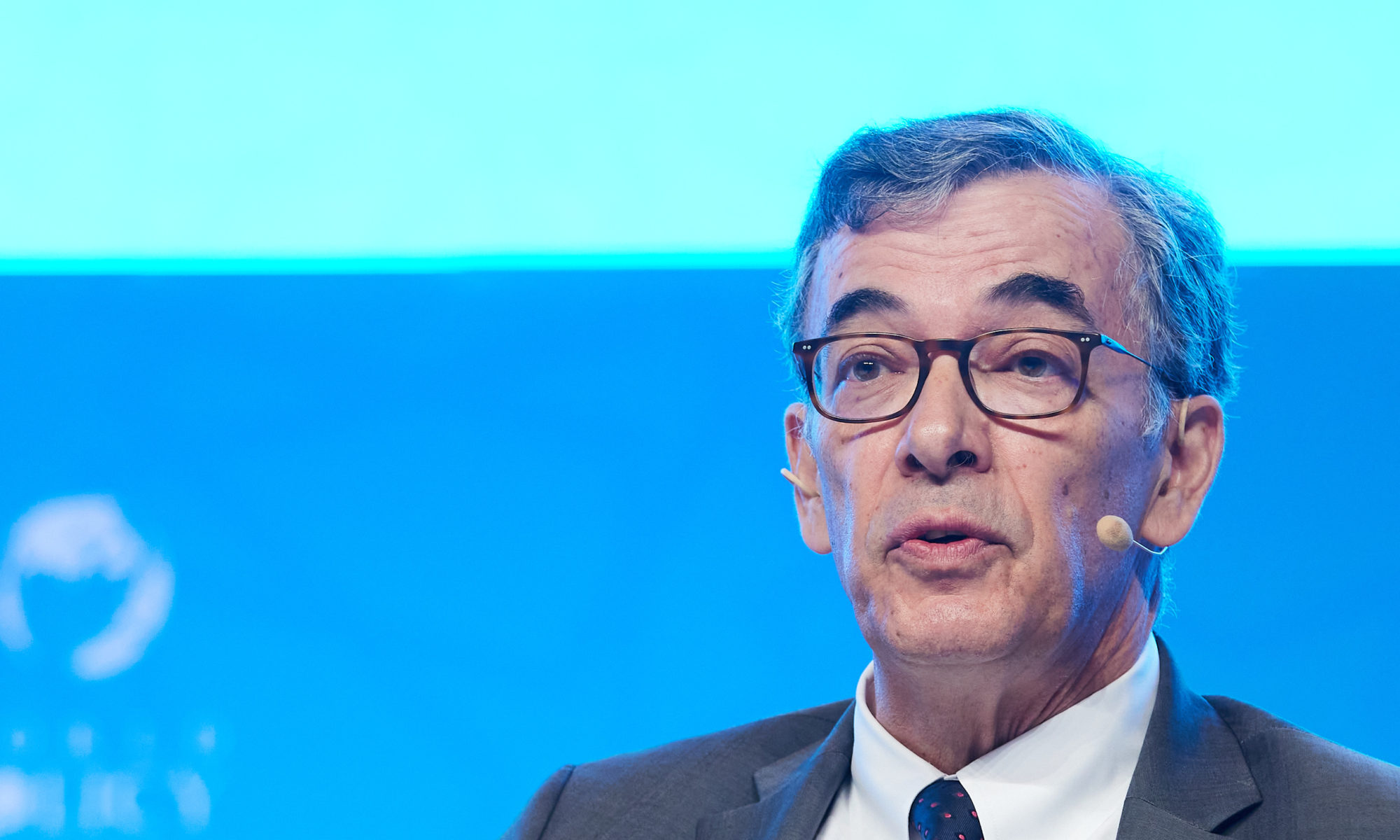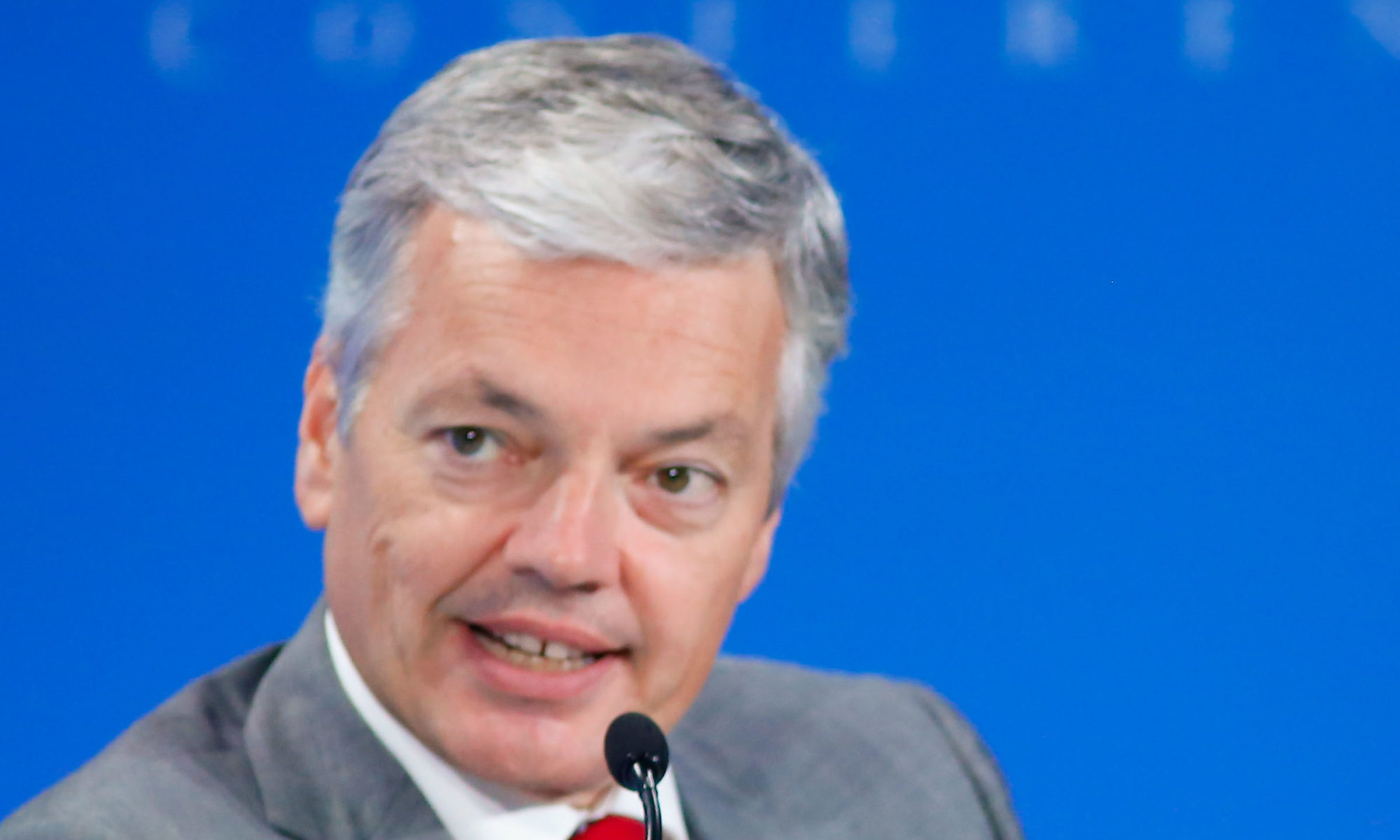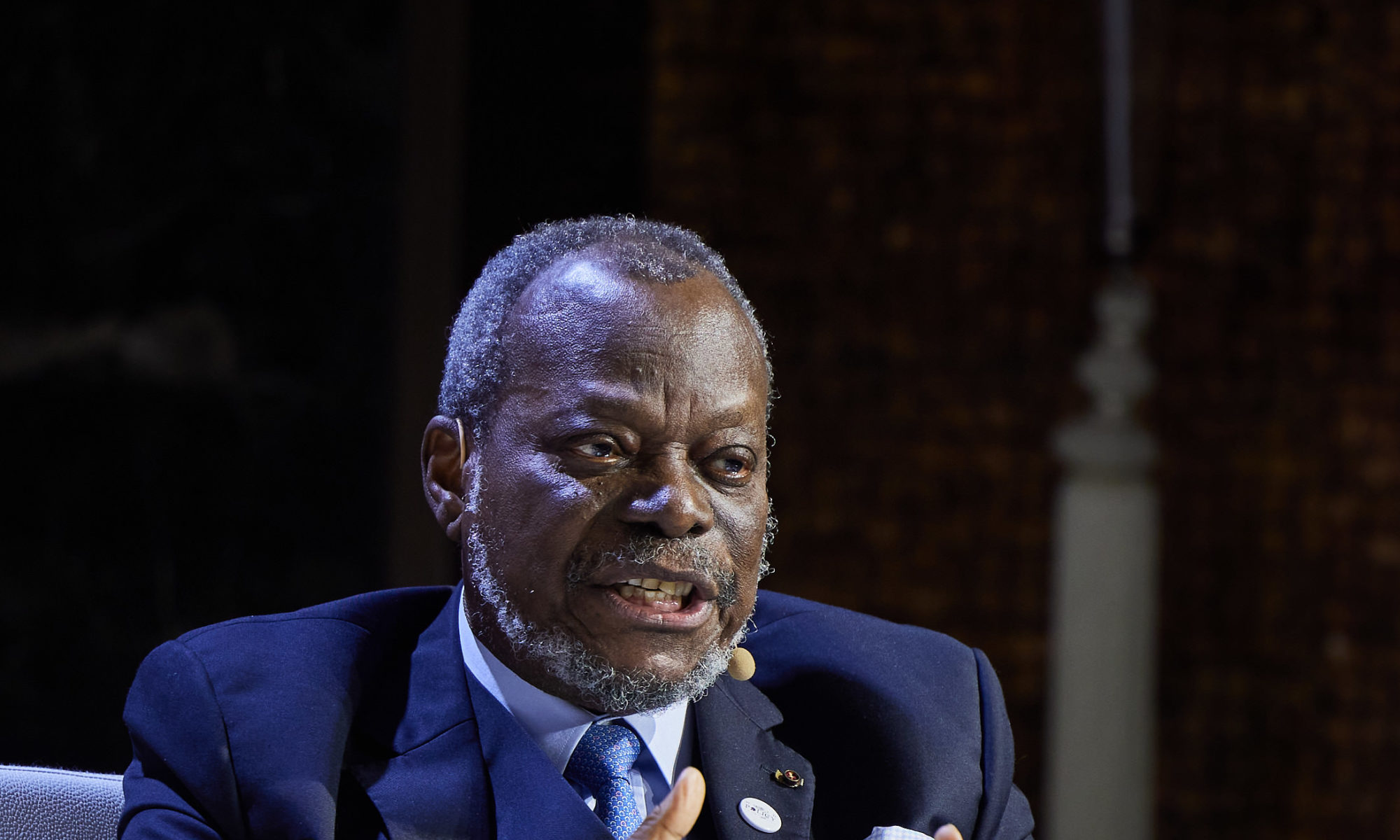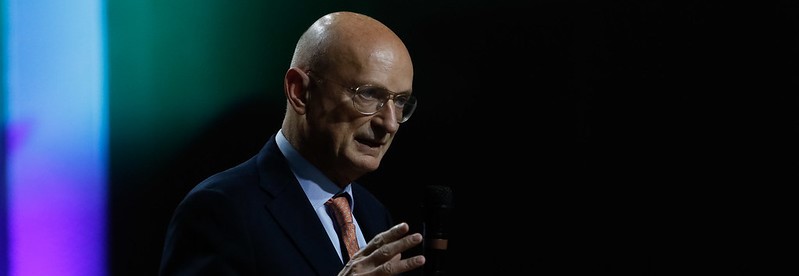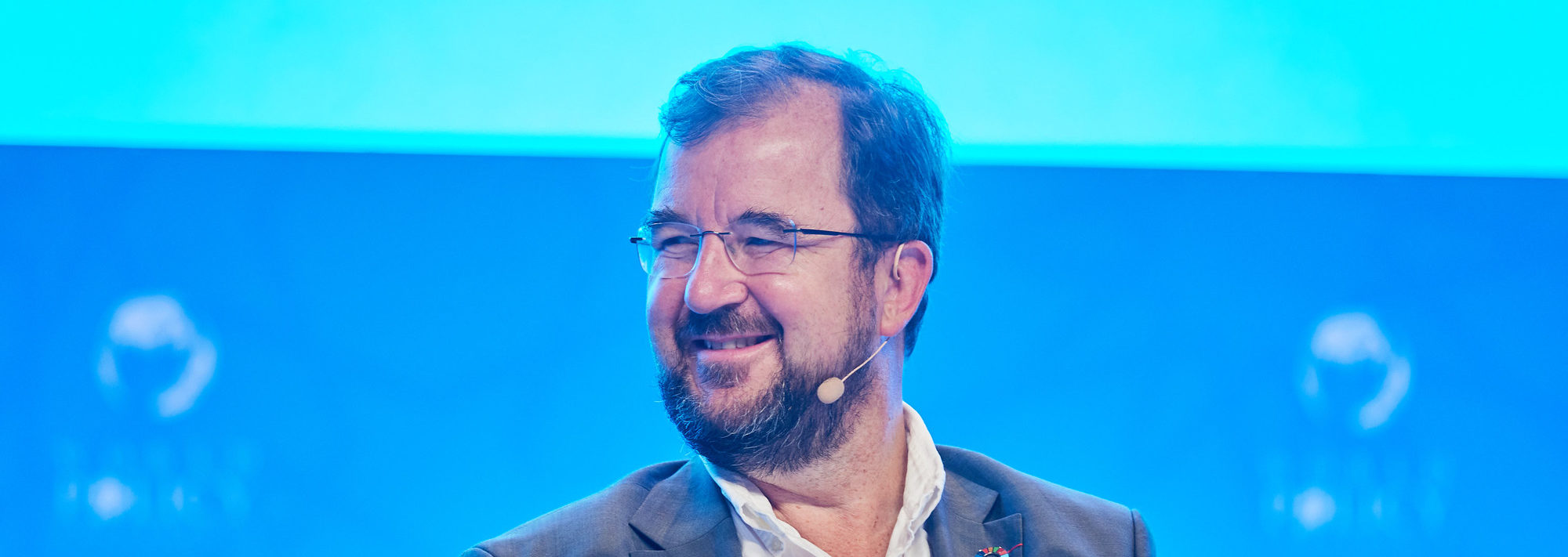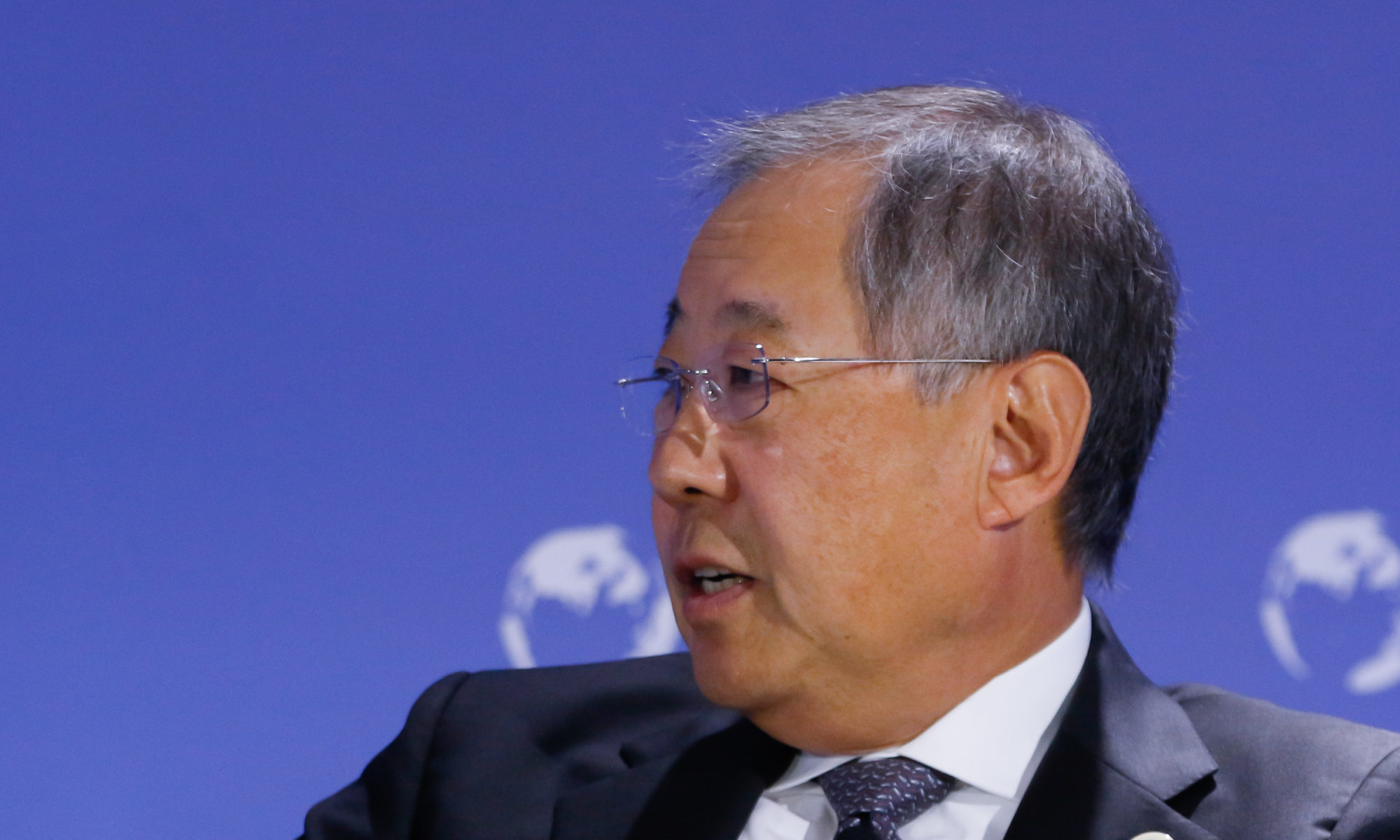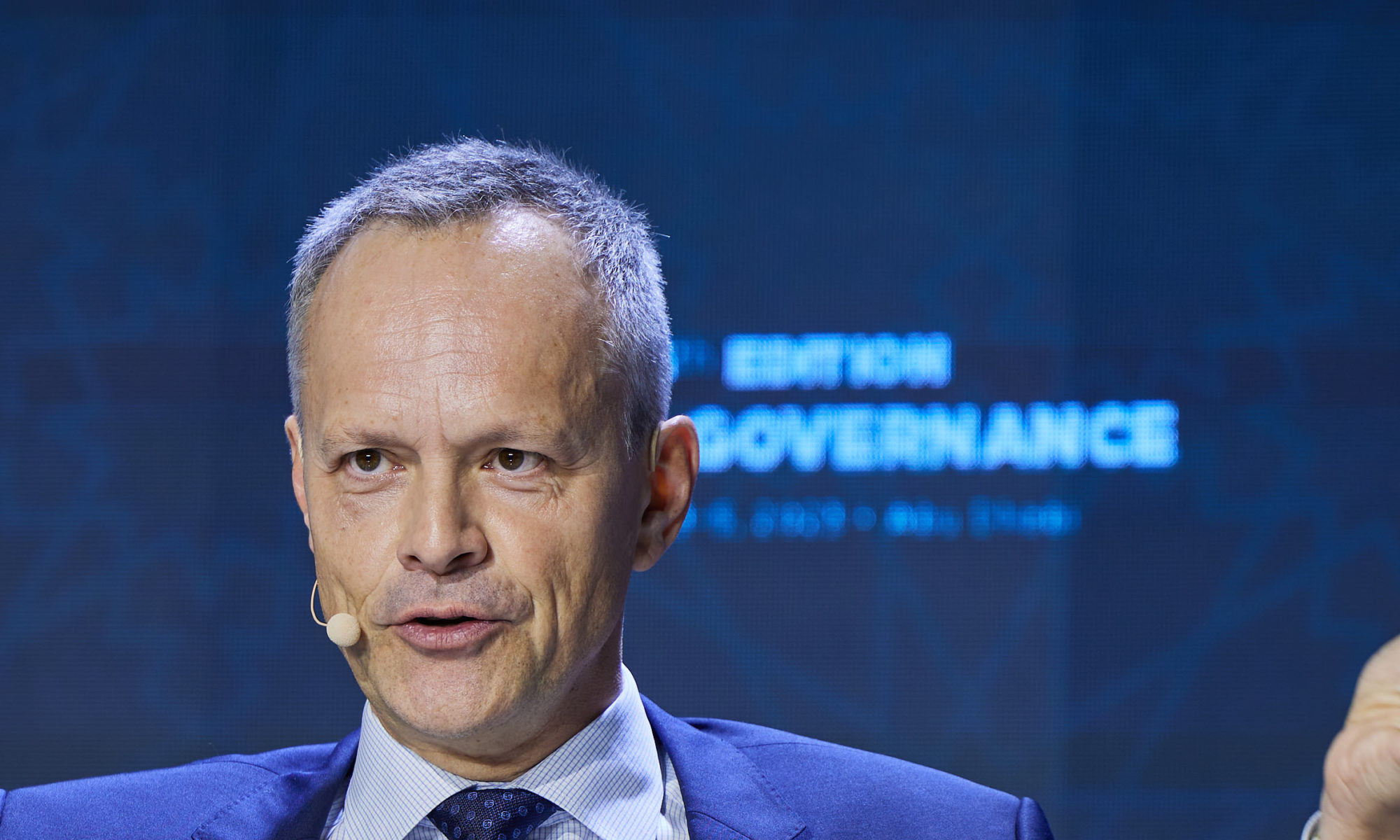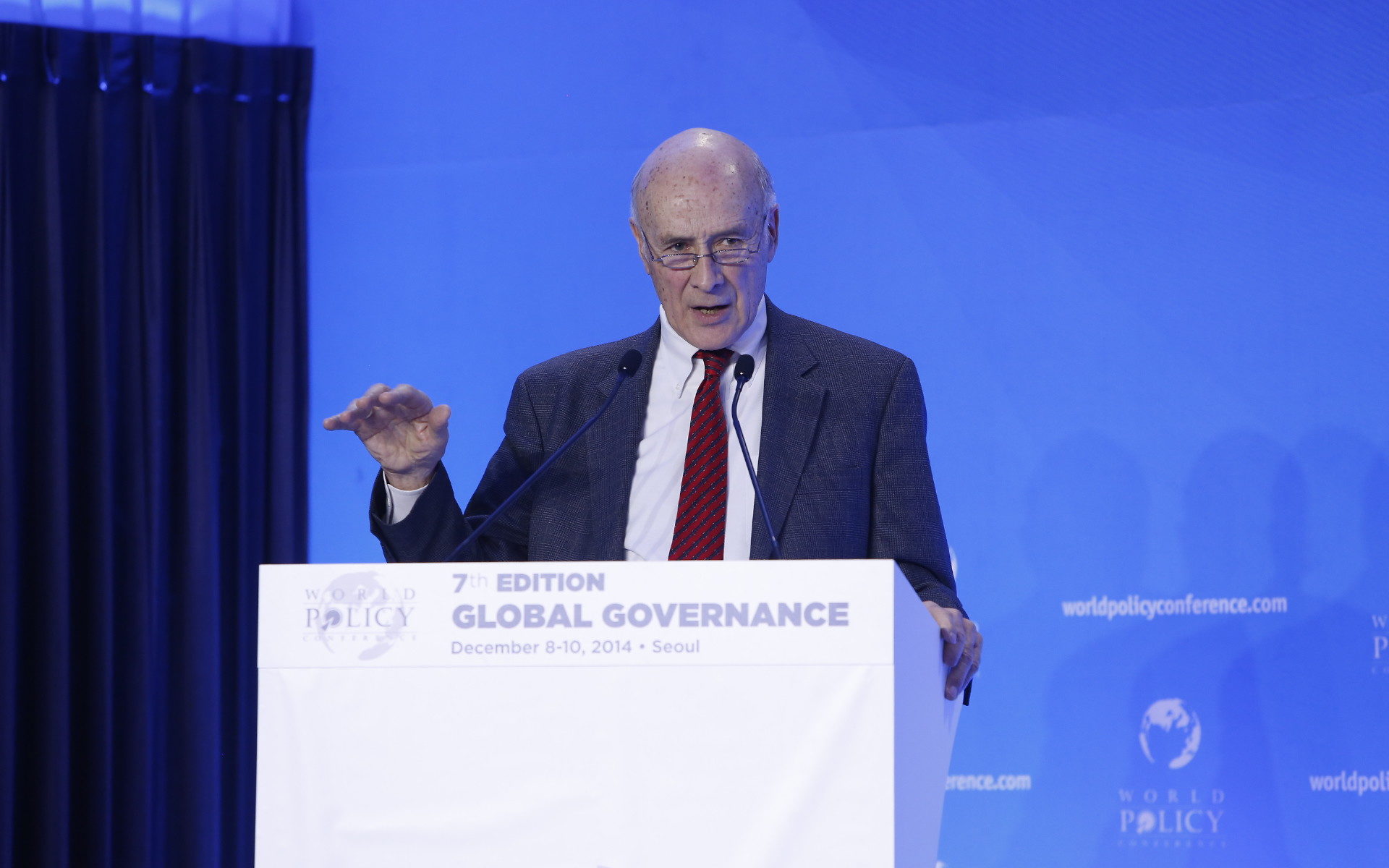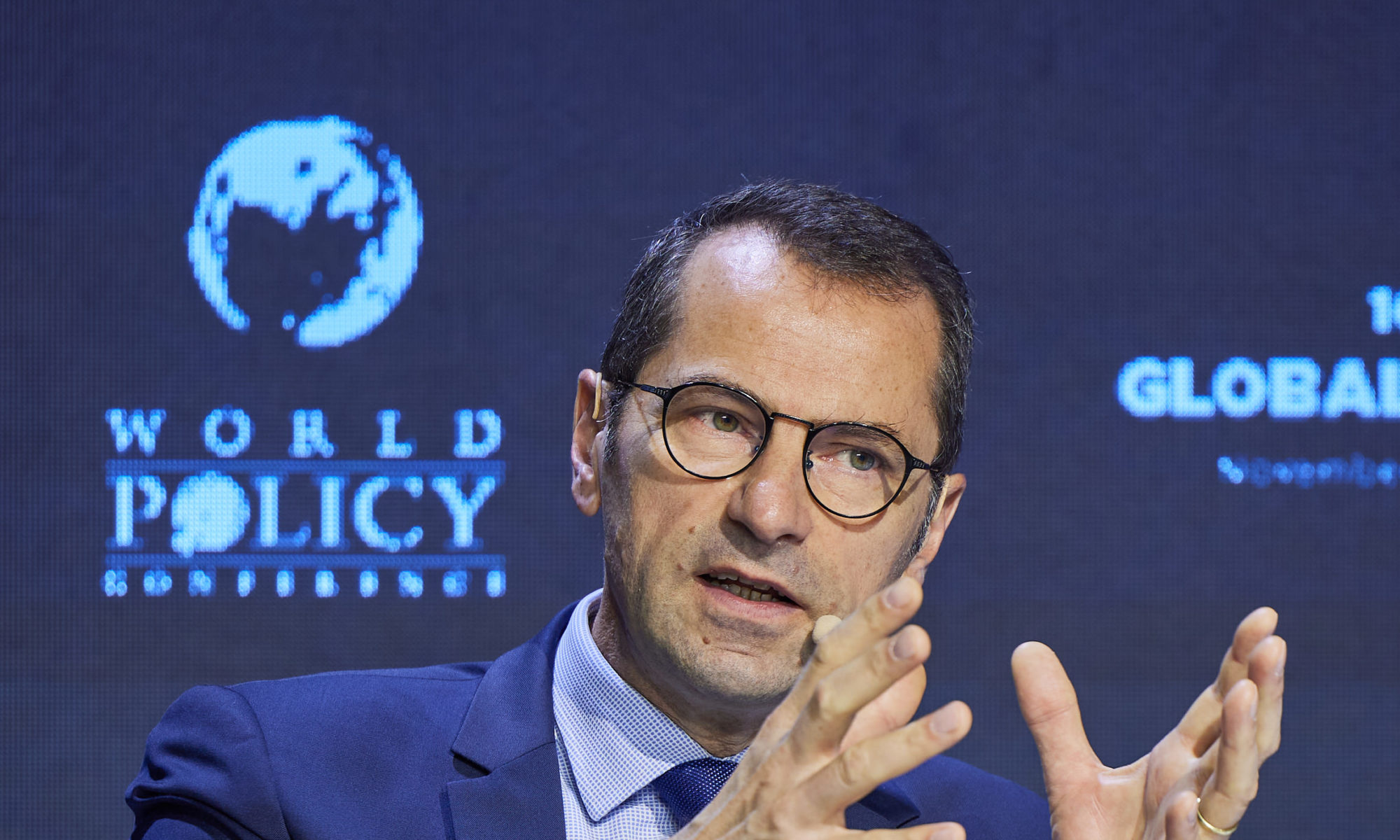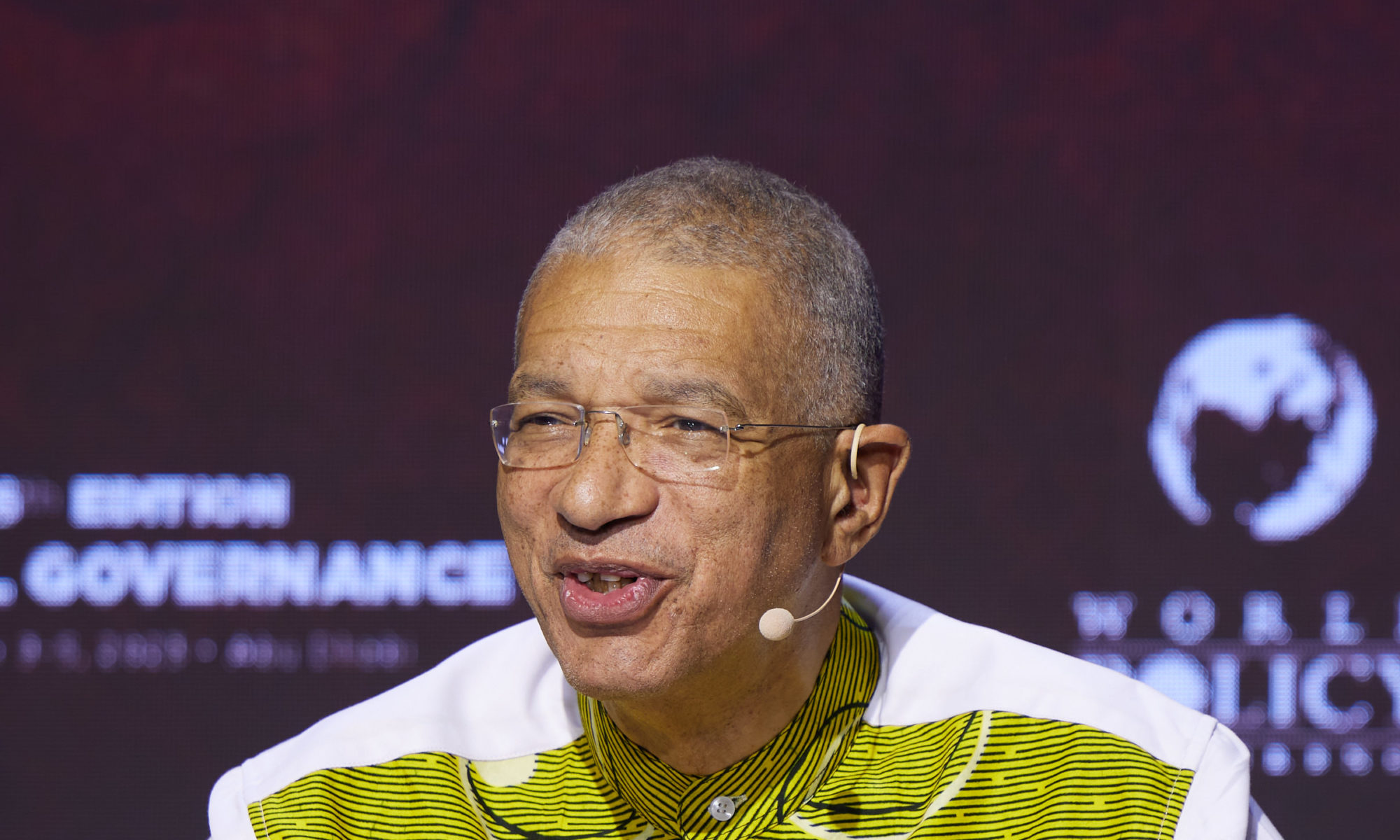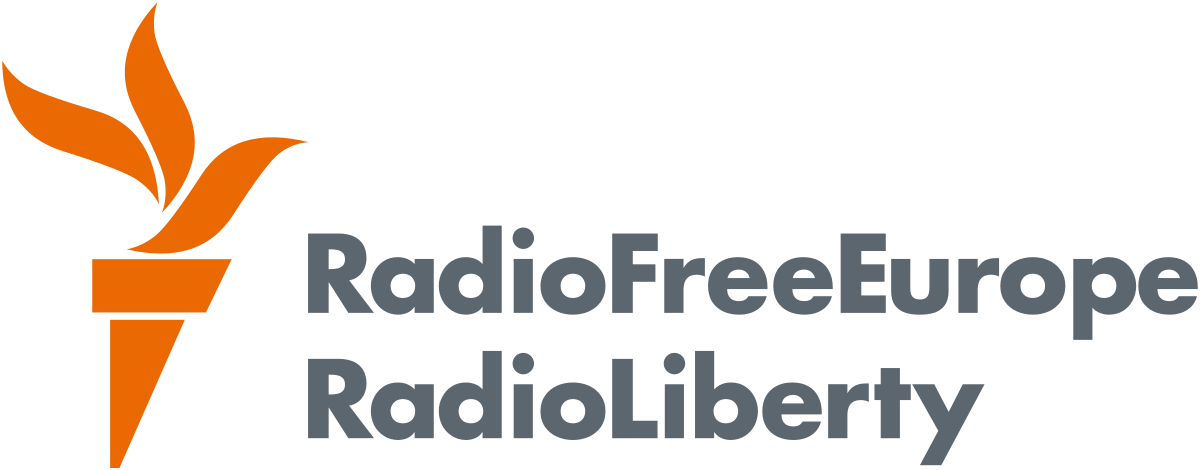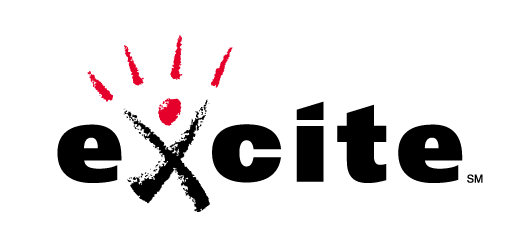2024 will go down as one of the most politically consequential years in history, with national elections in more than 60 countries representing half of the world’s population. That means more people will be eligible to vote in 2024 than in any previous year.
What happens in the months to come may well tip the global scales of power in the direction of democracy or authoritarianism. Here’s how six of the most pivotal elections in the year ahead will play into that long-running feud.
United States
Beginning in the late 19th century and through two world wars, American foreign policy underwent a tectonic shift from isolationism to an active involvement in shaping the world order.
It’s important to understand the difference between those competing worldviews, former U.S. Assistant Secretary of Defense Joseph S. Nye Jr. told VOA, because former President Donald Trump’s America First agenda is attempting to bring isolationism back. That could leave U.S. allies in a lurch as tensions rise between Taiwan and China, and the Russia-Ukraine and Israel-Hamas wars rage.
Trump, the likely Republican nominee for president, has repeatedly bashed NATO, the U.S.’ most important military alliance, and has not taken a definitive stance on how, or if, he would support Israel in its war against Hamas if reelected.
« On Russia, » Nye said, « [Trump] is likely to be more favorable to Putin. That means pressure to reduce support for Ukraine is very likely. »
On the other hand, Democratic incumbent Joe Biden, whom the polls have trailing in a potential rematch against Trump, has sent military aid packages to Kyiv and Jerusalem, even as he faces pushback from Republican lawmakers over the limited progress in Ukraine and from progressives over the spiraling humanitarian crisis in Gaza.
The two presidential front-runners have starkly different outlooks on America’s place in the world, and who wins in November may determine how tough the U.S. will be on China, Russia and other international adversaries.
Taiwan
It may be small in terms of landmass, but Taiwan, the self-governed island off China’s coast, boasts outsized influence over the world economy. More than 70% of the globe’s semiconductors and about 90% of all advanced microchips are made by Taiwanese firms. The unsettled question of Taiwan’s independence from China, which claims the territory, is at the center of strife between Washington and Beijing going into 2024.
President Tsai Ing-wen, who is term-limited and won’t be on the ballot in January, has warned the public that China is spreading disinformation online to sway voters away from the leading candidate, Lai Ching-te, the current vice president. Lai, a standard-bearer for the Democratic Progressive Party, has sparked outrage in China over past comments asserting Taiwan’s sovereignty. Lai’s main opponents, however, are taking a softer line on Beijing.
America ranks among Taiwan’s top allies. As China has boosted its naval activities in the South China Sea, Biden has pledged the U.S. would defend Taiwan if it were invaded. As with Israel and Ukraine, Trump has been ambiguous regarding Taiwan.
While some analysts worry that tensions between China and Taiwan could boil over into war if Lai wins, Yun Sun, director of the China program at the Stimson Center, says the U.S. is discouraging Lai from escalating the situation and that China is prioritizing stability over a potential conflict as it deals with a lagging domestic economy.
« [Chinese President] Xi Jinping has more important fish to fry, » Sun said of the Chinese Communist Party’s agenda going into 2024. But that doesn’t mean China and Taiwan will find themselves on better terms over the next four years under Lai, who Sun said China considers « unworkable. »
In his New Year’s speech, Xi vowed that China and Taiwan will « surely be unified » without giving a timetable. CIA Director William Burns has previously warned that the U.S. knows « as a matter of intelligence » that Xi aims « to be ready by 2027 to conduct a successful invasion. »
Russia
In the wake of its invasion of Ukraine nearly two years ago, Kyiv’s allies have made Russia the most sanctioned country on Earth, disrupting its economy and driving it closer to Beijing, now its top trade partner. Despite soaring inflation, analysts don’t expect Russian President Vladimir Putin to be unseated in 2024, with his most formidable political rivals jailed, exiled, missing or dead under dubious circumstances.
« Elections in Russia have long been tightly controlled, » said Sergey Radchenko, a professor of Soviet history at Johns Hopkins University. If Putin wins another six years, the Kremlin will pursue « the same brutal agenda in Ukraine and increasingly autocratic policies at home, » Radchenko said.
When it comes to how much success Putin will find in his war with Ukraine, the wildcard is who his American counterpart will be.
If reelected, « Biden will continue to claw his way to some form of victory in Ukraine through military means, » Radchenko said. « If Trump comes to power, on the other hand, the real question will be whether he will effectively give up on Ukraine, allowing a very rapid settlement of this conflict on Russia’s terms. »
As Trump’s allies in the U.S. House of Representatives grow impatient with Ukraine’s slow progress on the battlefield, « Putin is interested in playing the United States against its Western European allies, » Radchenko said.
The U.S. Congress passed a bill in December 2023 requiring Senate approval before the U.S. can withdraw from NATO. That means Trump, if he wins a second term, wouldn’t be able to unilaterally pull America out of the alliance, as he has threatened before. But Trump’s skepticism about NATO could still sow the sort of chaos and division in the West that Putin would find useful, Radchenko said.
European Union
The European Union is heading for elections in June. Anti-immigration populists with lax positions on Russia and China are set to push the European Parliament rightward. The Parliament, though, plays only a supervisory role in the EU.
The European Commission, whose president, Ursula von der Leyen, has yet to announce her reelection bid for 2024, outweighs the Parliament in power. Von der Leyen has been resolute in her support of Ukraine and has pressed Xi to address China’s staggering trade imbalance with Europe.
If reelected, von der Leyen would serve as an equalizing force in an increasingly populist EU, working across the aisle to balance the diverse and oftentimes conflicting interests of different member nations with her stated goal of containing Russia.
Ivana Karaskova, an EU commissioner for values and transparency, told VOA that European nations are cautious « to put China and Russia into the same basket of authoritarian regimes, » fearing that alienating Xi could draw the EU into yet another economically ruinous trade war.
« We have already seen moves in Central and Eastern Europe to normalize relations with China, » Karaskova said.
The EU under von der Leyen has been careful not to cut off China, though it has been critical of Beijing for helping Moscow evade Western sanctions. But what the elections in 2024 will decide is how much pushback von der Leyen’s pro-Ukraine agenda will face from an incoming coalition of right-wing European lawmakers as Kyiv inches closer to becoming a member nation.
India
Critics of Prime Minister Narendra Modi and his ruling Bharatiya Janata Party say the country’s religious minorities are facing widespread persecution. As Modi’s Hindu nationalist agenda has gained traction, violence against Sikh and Muslim Indians has become increasingly commonplace.
Those criticisms are not limited to the confines of India. Modi’s government stands accused of assassinating a Sikh expatriate in Toronto last summer and a foiled plot to kill another Sikh activist living in New York City in November. Those scandals have shaken India’s diplomatic ties with the West.
Still, former U.S. Assistant Defense Secretary Joseph S. Nye Jr. predicts that neither India nor the U.S. will let their bond crumble. What unites the two nations, Nye said, are shared concerns about China’s rise to global power.
As the world’s largest liberal democracy, India has proved itself to be a regional counterweight to China and North Korea.
« I don’t think the Americans are going to do anything that would destabilize their relationship with India, » Nye said, no matter if the U.S. will be led by Biden or Trump. Both presidents know that keeping close with India is vital to advancing the cause of democracy in Asia, even if Modi’s government has at times leaned into autocracy.
With a sky-high approval rating of 77%, according to Morning Consult, Modi sits in pole position to earn a third five-year term when voting opens in April. If he wins, expect Modi to build on the ties he has already forged with both Trump and Biden over his near-decade as prime minister.
South Africa
South Africa’s ruling party is in its shakiest moment since 1994, when the then-newly elected president Nelson Mandela and his African National Congress Party (ANC) spelled the end of apartheid and ushered in a new era of majority rule. Now, for the first time in three decades, the ANC is at risk of losing its outright majority in the legislature. To stay in power, it likely will be forced to form a coalition with other parties.
South Africa may hold the title of the most industrialized nation in Africa, but it is by no means immune to the economic headwinds plaguing the post-pandemic world. With a one-third unemployment rate and power shortages sweeping the nation, younger South Africans in particular are turning away from the ANC as President Cyril Ramaphosa promises to root out graft in his party’s ranks.
In all likelihood, the ANC will stay in charge for the next five years, says Daniel Silke, a South African political analyst. But if the Democratic Alliance (DA), the largest opposition party, somehow scrapes together a long-shot victory, there would be « a substantial improvement in relations between South Africa and the West, » Silke said. Unlike the ANC, which has long had close links with Russia and China, the white-led DA is built on a broad libertarian philosophy mirroring the U.S. and other major Western nations.
Silke said the ANC remaining in power could make way for an even stronger bond between China and South Africa.
« Given that we’ve had such a failure with our state-owned enterprises, there’s certainly more potential for China to assist the ANC government, be it in energy, logistics or transportation infrastructure, » he said.
China has become a major investor in South Africa and other developing countries across the globe through Xi’s Belt and Road Initiative, a decade-old international program in which Beijing offers trade agreements, money-lending packages and infrastructure endowments to states in exchange, critics say, for undue influence.
Silke, speaking in buy-low-sell-high terms, noted that now would « certainly be a great opportunity for China to invest in a weakened South Africa. »
Whether China will grow its already sizable role in South Africa, or the U.S. will gain more of an economic foothold there, depends on what ordinary South Africans think when they hit the polls this year.
Year of disinformation
In 2024, the world order hangs in the balance, and the still-incalculable threat of disinformation powered by artificial intelligence is sure to play a part in shaping it.
Joan Donovan, a leading expert on online disinformation and media manipulation, told VOA that voters all over the world will have to grapple with convincing AI-generated images and sounds. What makes that especially dangerous, she said, is an already volatile geopolitical landscape ravaged by wars and a pandemic.
« Causing confusion among populations when they are scared, hungry and broke can have disastrous consequences if those populations lose faith in democracy, » Donovan said.
So, which antidemocratic meddlers should voters around the world look out for in 2024?
When it comes to election interference campaigns, Russia is « the leading culprit, » the U.S. State Department warned in a leaked memo it shared with more than 100 embassies in October. According to that report, Moscow is seeking « to sow instability » in democracies abroad by characterizing elections as « dysfunctional and resulting governments as illegitimate. »
A study by Microsoft’s Threat Analysis Center published in November predicts that in 2024, Russia, Iran and China are likely to interfere in pivotal elections across the globe, including in the U.S., using « memes, gifs, podcasts, video clips and influencers » on social media to propagate disinformation with unparalleled efficiency.
« For Russia, Iran and China, the next U.S. president will define the direction of conflict — whether wars might occur, or peace might prevail, » the study’s authors wrote, adding that the 2024 race for U.S. president could be the first where « multiple authoritarian actors simultaneously attempt to interfere with and influence an election outcome. »
Social media companies, for their part, must be held accountable, Donovan said.
In September, X, formerly known as Twitter, jettisoned its entire election integrity team, which was tasked with monitoring foreign influence campaigns on the platform. The European Commission recently announced that it is investigating X for breaking EU law on spreading disinformation, alleging the platform isn’t doing enough to moderate its content.
« Meta has also rolled back significant improvements that they have made in the last decade on civic integrity and has laid off numerous research teams, » Donovan said.
With internal oversight seeming to slowly vanish from some of the world’s most popular social media sites, reliable news is as critical as ever before in preserving global democracy, from Taiwan and the EU to the U.S. and beyond.
Read the original article on the website of VOA
https://www.voanews.com/a/global-election-year-ahead-lays-bare-strife-between-east-and-west/7431544.html



